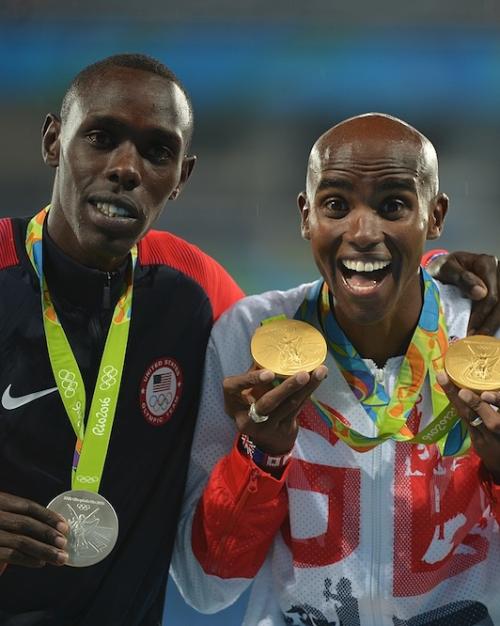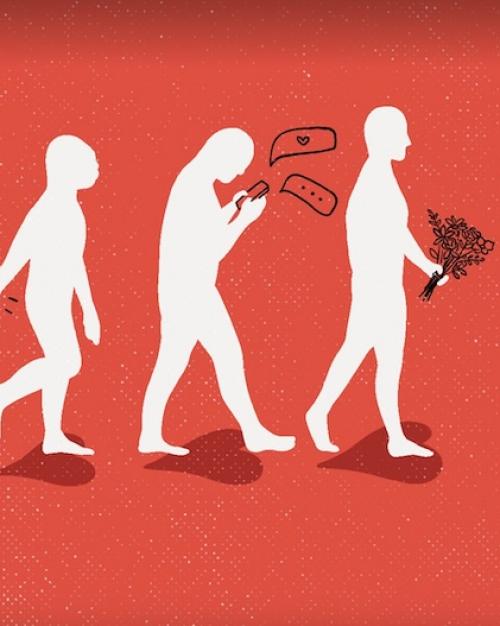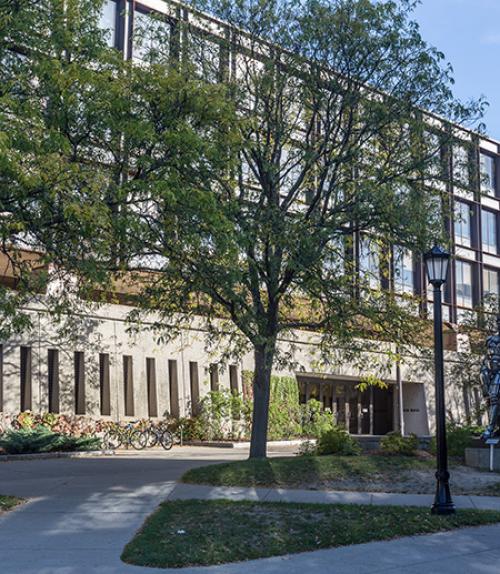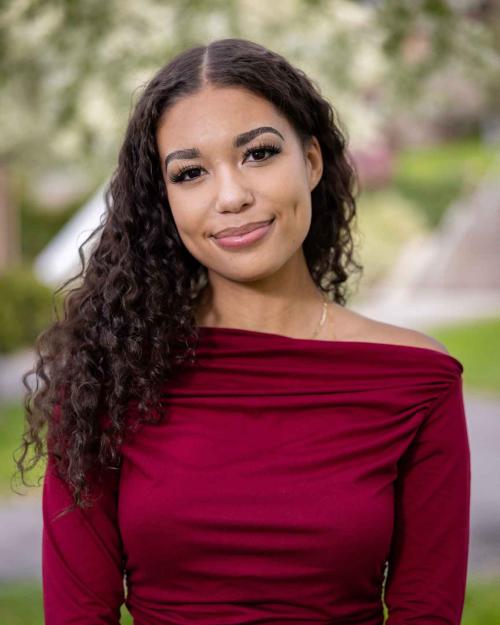Anya English
Psychology
Harrisburg, Pa.
What is your main extracurricular activity and why is it important to you?
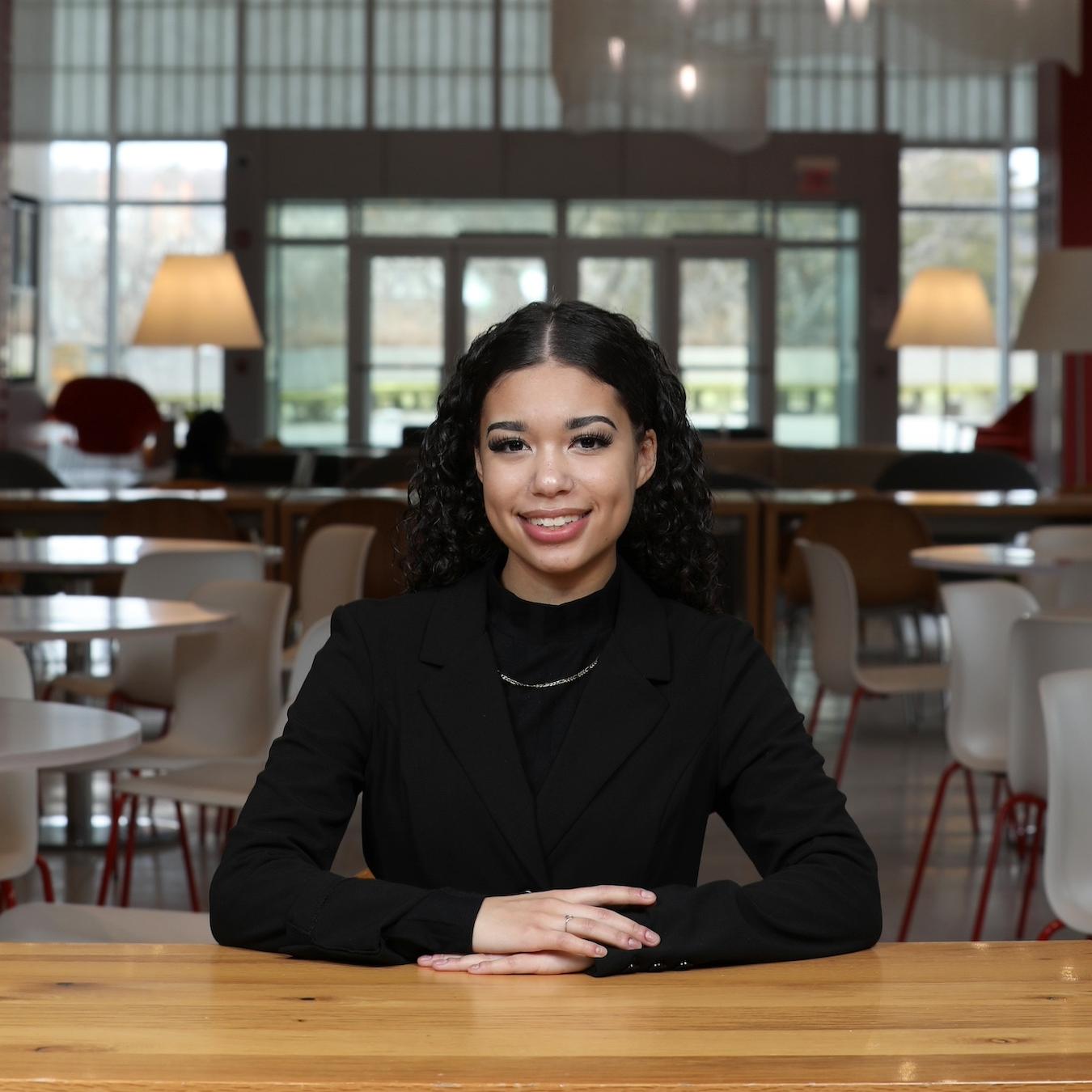
As the Programming and Outreach Coordinator at Cornell’s Gender Equity Resource Center from my sophomore year to senior fall, I developed reproductive health resource guides, built community relationships, and created programs for women-identified students.
The highlight of my time at the center was creating the “No, You’re Not Overreacting” series. The title was an acknowledgment of the reality that being a student is challenging, and being a woman of color adds an extra layer of difficulty. So, the message was clear: you’re not overreacting, and let’s talk about it! The program offered a communal space for women of color to address their distinct challenges and experiences and have nuanced discussions on topics like the intersections of identity and joy. Our program held monthly events centered around a different sub-theme like deconstructing beauty standards, building community, self-care, and first-year acclimation to campus life.
It was a privilege to support my community, especially in guiding first-year students by sharing resources and offering any insights I could provide. Also, having the chance to have women join us as freshmen and return as sophomores was a remarkable experience. However, I learned just as much from the people who participated. After each program, I felt more empowered as a student and a woman in the world. Nonetheless, I would say that the most gratifying part was witnessing the friendships among the attendees that grew beyond the program!
What Cornell memory do you treasure the most?
In my senior year, I was honored to give the opening speech for Cornell’s 2024 Martin Luther King Jr. Commemorative Lecture, where I introduced Dr. Marla Love and esteemed Professor Kimberlé Crenshaw. Years prior, on November 13th, 1960, preaching from the hand-carved marble pulpit, with his silhouette contrasted by panels of stained glass and the decorative art of the altar, Martin Luther King Jr. stood at the helm of Cornell University’s Sage Chapel. Offering a sermon emphasizing the multidimensionality of God, he later abstracted this reasoning to racial equality, “urging those who would try to solve the problem not to forget any one of the dimensions.” More than 63 years later, at the 2024 commemorative lecture with Kimberlé Crenshaw, the same message of multidimensional equality reverberated through the chapel’s walls. To me and others who experienced the night in person, the lecture had a distinctly intergenerational and communal ambiance. I even had the privilege of sitting next to Dean Janice Turner, who, alongside Professor James Turner, founded Cornell's Africana Center and, like many others in the room, had experienced the teachings of MLK Jr. firsthand. In her closing remarks, Kimberlé Crenshaw shared an unforgettable and remarkably profound insight— that Martin Luther King Jr. had “every reason to give up," and yet he never did. It is this teaching, among many other positive memories
that night, such as having the privilege of meeting and sharing the stage with Kimberlé Crenshaw, that will forever stay with me.
What have you accomplished as a Cornell student that you are most proud of?
I am most proud of my honors thesis work, which explores Black maternal health and well-being in Upstate New York.
In the honors program, I discovered a niche within the existing literature to contribute to. Amidst the overwhelming statistics on racial disparities in maternal health, a distinct trend emerged: much of this literature and statistics operate and situate themselves in an assumption of ‘brokenness’ and ‘hopelessness.’ This research, while crucial in acknowledging the pain and suffering experienced by Black mothers, does not offer a comprehensive solution. In collaboration with our community partner, I focused on a new perspective: what proactive measures are Black women taking in response to the maternal health crisis? This shift in focus led me to discover that community-based doula care can significantly improve maternal outcomes.
Adopting this research question came with a crucial consideration: “How can we engage in a responsible and ethical partnership with the people whose stories we seek to understand?” This question naturally led me to community-participatory research. I also integrated the Sista Circle Methodology, a focus-group type discussion among Black women that also functions as a support network and communal space. In addition, we partnered with a Black reproductive health and healing center in Central NY, and their invaluable input guided us through the stages of the research design process, from the structure and planning of the Sista Circle sessions, to participant recruitment, and the development of interview questions.
I am proud that this experience has challenged me to foster community partnerships—skills that are important and enduring, and I intend to further develop them in graduate school.
Who or what influenced your Cornell education the most?
Professor Inniss-Thompson, a Cornell graduate and a fellow Ronald E McNair Post-baccalaureate Achievement Scholar, has been instrumental in my academic journey.
I started doing research in Dr. Inniss-Thompson's lab, the Black Girl Visions Collaborative, during my junior summer as part of the McNair program. That summer and beyond, she introduced me to new lines of research, methods of qualitative inquiry, and positionality theories, blending my passions for psychology, social justice, and community-engaged work. In the past year, Dr. Inniss-Thompson helped me grow my budding ideas into a developed thesis project. At the same time, she has made an effort to connect me with other scholars in the field and helped me realize that I, too, can become a scholar in my own right.
If you were to offer advice to an incoming first year student, what would you say?
There are a great many resources on campus, and even in my senior year, I am still discovering new programs and opportunities. For example, I discovered the Office of Academic Diversity Initiatives (OADI) in my junior year, and they've played a pivotal role in my graduate school aspirations.
My advice? Don't wait–reach out to as many people as possible and get involved early. Establishing relationships with your professors and attending office hours can truly transform your college experience. Professors are often eager to involve students in research early on and are receptive to fostering their interests.
If research interests you, consider exploring programs like the Nexus Scholars (A&S), the Humanities Scholars Program, or the Rawlings Presidential Research Scholarship. Additionally, OADI offers programs such as the Ronald E. McNair Scholars and Pre-Professional Programs (P3).
Lastly, don't forget to attend Club Fest and join a recreational club that aligns with your passions—it's one of the best ways to build a community with like-minded people and can really enhance your Cornell experience!
Every year, our faculty nominate graduating Arts & Sciences students to be featured as part of our Extraordinary Journeys series. Read more about the Class of 2024.


